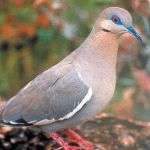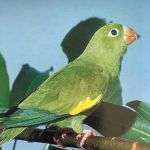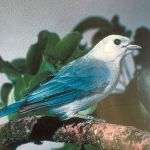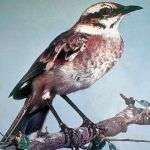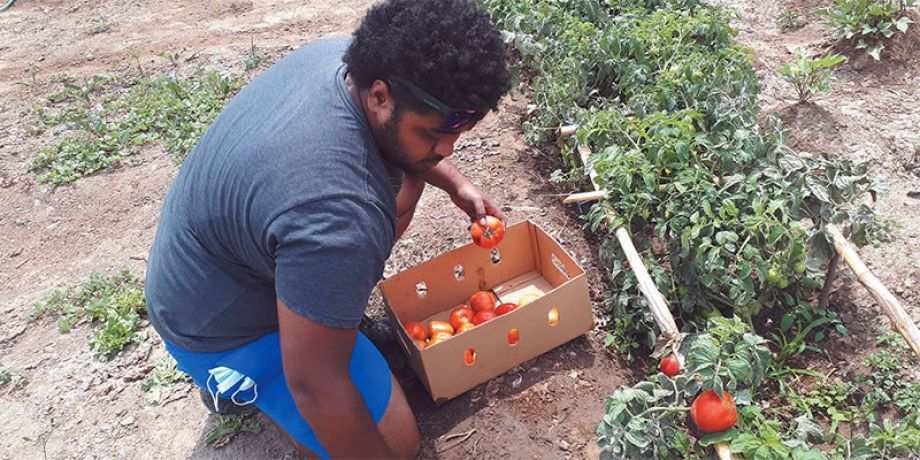
Life as a Farmer During the Pandemic
When Covid-19 appeared on the scene, Columban missionaries all over the world had to react to the emergency. We all had to ask ourselves, “How can I carry on serving the people of God in these strange new time?” For Australian Columban Fr. John Hegerty, on mission in South America, it was a case – literally – of going back to the roots. He responded to the pandemic by combining his current role as, “Father,” to his original one as a “farmer.”
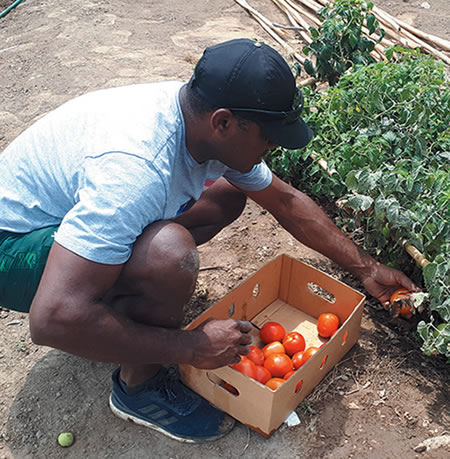 Born in 1941 in Redesdale, central Victoria, Australia, Fr. John grew up on his parents’ 1,700 acre sheep and cattle and rotational cropping holding called Summer Hill. “From the word go he worked all the jobs around the place,” Fr. John recalls. He worked on the property right up to joining the Columbans at age 23. “I never had a city job. I went into the seminary as a ‘hayseed.’ I was the ‘boy from the bush,’ a real ‘country hick!’”
Born in 1941 in Redesdale, central Victoria, Australia, Fr. John grew up on his parents’ 1,700 acre sheep and cattle and rotational cropping holding called Summer Hill. “From the word go he worked all the jobs around the place,” Fr. John recalls. He worked on the property right up to joining the Columbans at age 23. “I never had a city job. I went into the seminary as a ‘hayseed.’ I was the ‘boy from the bush,’ a real ‘country hick!’”
During his holidays from the seminary in Sydney, he returned Hegerty home and helped Dad and Mum with whatever was needed. He even managed to host fellow seminarians for a week or so. This was cheap labor for the family farm! One thing that still makes him laugh is how some of these big, burly footballers and surfers wilted under the pressure of sheep work. When crouching to remove wool from areas where flies might stick their backs, some fellows packed up. When pruning the hooves to avoid foot rot from the long lush of spring, their hands became swollen. Maybe Fr. John couldn’t keep up on the long runs in the bush nor on the football field, but he was in front on the farm.
After ordination he was posted to Peru, where he’s been for most of the last fifty years. By 2020 he reckoned he’d filled just about every missionary role imaginable. Then, Covid came knocking.
He was in semi-retirement in our Center House in Lima, a fairly pleasant spot set amidst a kind of oasis (Lima lies in the world’s driest desert) and surrounded by schools and a university (all of which got closed down for the duration of the crisis). Peru was hit very hard by the pandemic and the economic collapse which followed. The Columban missionaries were in lock-down for months, leaving them with two challenges – how to keep themselves sane and the people cared for, given the new restrictions.
“We had this Irish Columban, Fr. Tom Hanley, who works in Chile but who’d been left stranded up here by the lock-down,” Fr. John explains. “Now, Fr. Tom had had a lot of experience on the land back in Ireland, so he suggested he’d use his time digging up and planting part of our grounds. Not only would it keep him occupied, but it’d also make us partially self-sufficient. He sowed vegetables, corn, herbs and (being Irish) even some potatoes. Well, they all grew like mad.” The experiment was a great success.
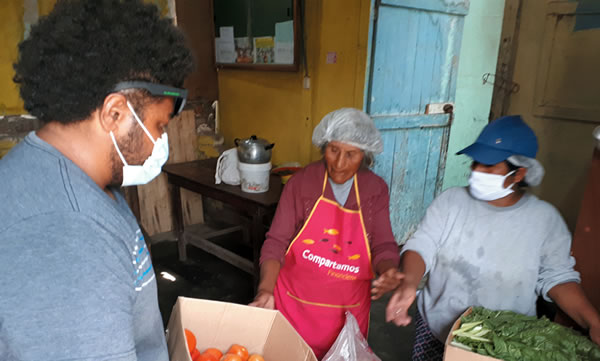 As restrictions eased, the Irishman was able to return to Chile, leaving the new post of farmer vacant. Fr. John suddenly felt those old green fingers twitching again. Fond memories of life back on the farm in Australia came flooding back, so he filled the vacancy.
As restrictions eased, the Irishman was able to return to Chile, leaving the new post of farmer vacant. Fr. John suddenly felt those old green fingers twitching again. Fond memories of life back on the farm in Australia came flooding back, so he filled the vacancy.
“Not that I was alone,” he remarks. Full-time local gardener Gaspar returned to lend his expert advice. Also coming to help were two young Columban seminarians from Fiji, Atonio Saula and Iowane Naio. “This was the perfect match,” says Fr. John. “Not only were they two strong backs from a farming background in Fiji, but they were also working in a poor parish where there were a number of comedores.” Comedores are essentially subsidized canteens. The Columban missionaries set up a series of them at this time to help feed families who’d lost their sources of income due to the pandemic. Each comedor caters for up to a hundred of the needy for each midday meal.
A regular routine has now emerged. Fr. John and Gaspar look after the day-to-day running of the mini-farm. As required, Atonio and Iowane come in and prepare new beds, adding manure, doing regular watering, and harvesting the produce. Some of the produce is kept for the Columban houses, but the majority goes to one or more of the comedores. It is planned to continue this system even after the coronavirus emergency ends for, as Fr. John points out, the effects of this virus on the poor will last for years.
Fr. John insists this has resulted in the best of all worlds. The poor are helped, Columban running costs are defrayed, and “it is great therapy for me. I love it. I go out working every afternoon after lunch. Much healthier than a long ‘siesta.’ It’s doing me good.”
A LOT of good – for Fr. John, for the Columbans missionaries, and for Peru. It really has been worthwhile, going back to the roots.
Columban Fr. John Boles, with suggestions from Fr. John Hegerty, wrote this article. Juan Diego Torres, Communications Officer, Columban Missionaries, Peru, provided the photographs.
Back to Nature
“Every cloud has a silver lining,” they say, and this has certainly been the case with Mother Nature, which has often flourished during the various coronavirus lock-downs. The Columban Center House in Lima occupies part of a desert oasis surrounded by a campus of educational establishments, all of which remained closed during 2020. This combination of greenery with an unaccustomed peace and quiet resulted in an explosion of tropical bird life. This article features pictures of some of our feathered friends which now are nesting in or around our property.
